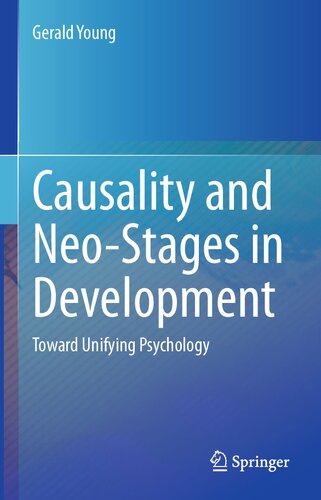

Most ebook files are in PDF format, so you can easily read them using various software such as Foxit Reader or directly on the Google Chrome browser.
Some ebook files are released by publishers in other formats such as .awz, .mobi, .epub, .fb2, etc. You may need to install specific software to read these formats on mobile/PC, such as Calibre.
Please read the tutorial at this link: https://ebookbell.com/faq
We offer FREE conversion to the popular formats you request; however, this may take some time. Therefore, right after payment, please email us, and we will try to provide the service as quickly as possible.
For some exceptional file formats or broken links (if any), please refrain from opening any disputes. Instead, email us first, and we will try to assist within a maximum of 6 hours.
EbookBell Team

5.0
110 reviewsThis book represents a broad integration of several major themes in psychology toward its unification. Unifying psychology is an ongoing project that has no end-point, but the present work suggests several major axes toward that end, including causality and activation-inhibition coordination. On the development side of the model building, the author has constructed an integrated lifespan stage model of development across the Piagetian cognitive and the Eriksonian socioaffective domains. The model is based on the concept of neo-stages, which mitigates standard criticisms of developmental stage models. The new work in the second half of the book extends the primary work in the first half both in terms of causality and development. Also, the area of couple work is examined from the stage perspective. Finally, new concepts related to the main themes are represented, including on the science formula, executive function, stress dysregulation disorder, inner peace, and ethics, all toward showing the rich potential of the present modeling.